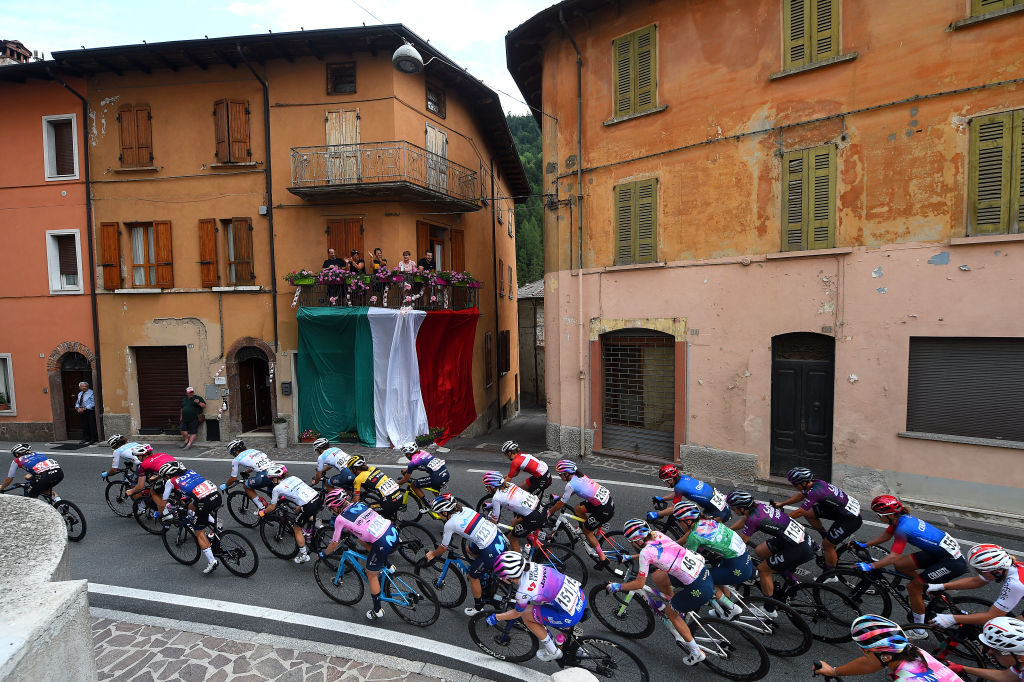It has been almost a month since the route for the men’s Vuelta a España was unveiled by organisers Unipublic, though no information is yet forthcoming about the women’s edition of the race, known this year as La Vuelta Femenina, despite it running in early May, almost four months before the men’s event in late August.
Similarly, RCS presented the route for the men’s Giro d’Italia last October, but the Giro d’Italia Donne – separately organised by PMG Sport and Starlight – have yet to announce anything at all. In 2022, the race route was only announced in mid-March, only three months ahead of the race.
By contrast, the route of the Tour de France Femmes was presented alongside the men’s Tour de France in October.
At a recent online press conference organised by French Women’s WorldTour squad FDJ-Suez, team manager Stephen Delcourt went out of his way to address this discrepancy and demand better from the organisers.
“There is one thing I’m not happy about in women’s cycling,” he said. “We talk a lot about professionalisation and visibility. But we target three Grand Tours, and there is only one Grand Tour that respects the women [the Tour de France Femmes – Ed.].
“At this date, we have no stage details of the Giro and the Vuelta. The Vuelta is the first week of May, and we don’t know anything, we only have rumours about the stages. If we want to invest in women’s cycling, the organisers need to respect this part.”
The current situation may be unsatisfactory, but Delcourt also understands that women’s cycling is in a process, drawing a parallel to the length of women’s stage races where the limiting factor currently isn’t the ability of the riders, but the team support behind.
“During the last UCI meeting, we pushed for this [timely race information – Ed.] a lot. I know that the UCI is trying, but I also know that not all organisers – or teams – improve at the same speed.
“The question, ‘are you ready for two or three weeks at the Tour de France’, the girls are ready physically, but not the teams. We need to advance step by step.”
Marta Cavalli, who last year won Amstel Gold Race and La Flèche Wallonne, also taking second at the Giro Donne, added the riders’ perspective.
While long-term training plans wouldn’t change much, knowing race details would mean that training could be tailored to specific stages or climbs as has long been the case in men’s cycling. At the top level, details like this can make all the difference.
“We know that Grand Tours…
Click Here to Read the Full Original Article at CyclingNews RSS Feed…

